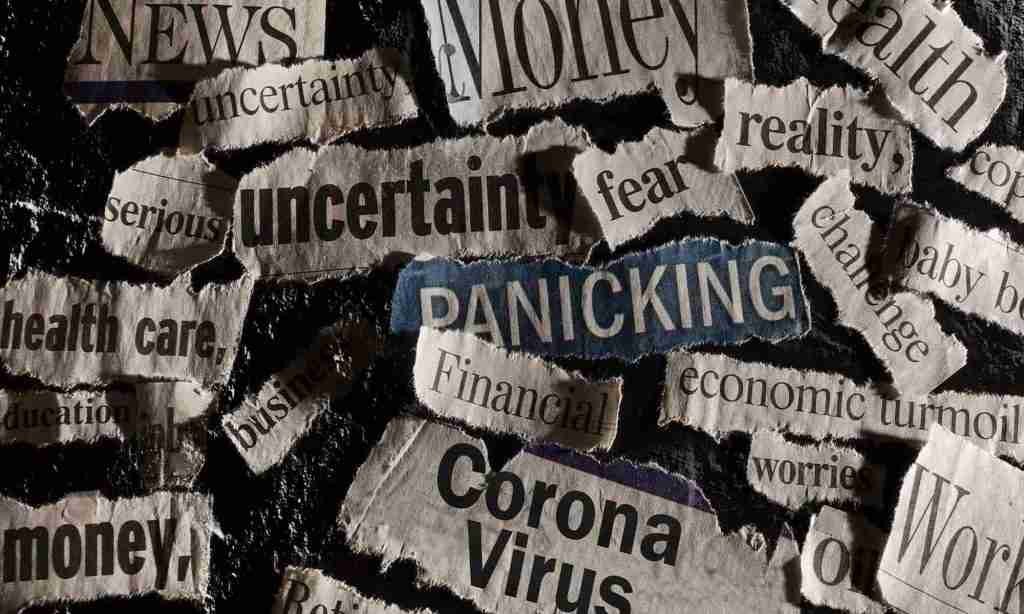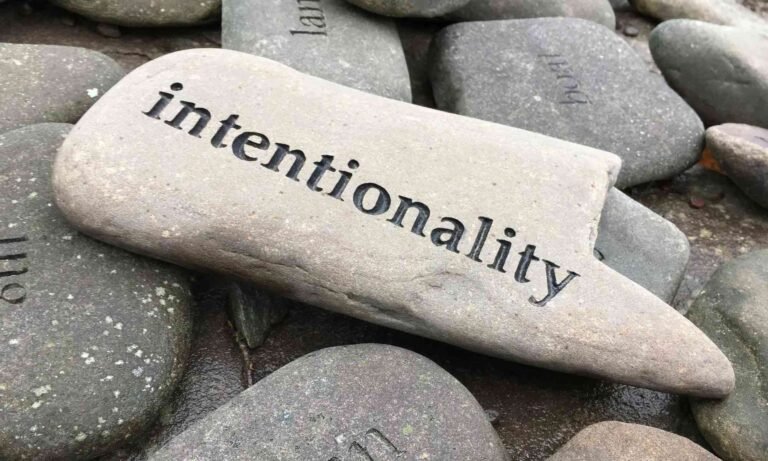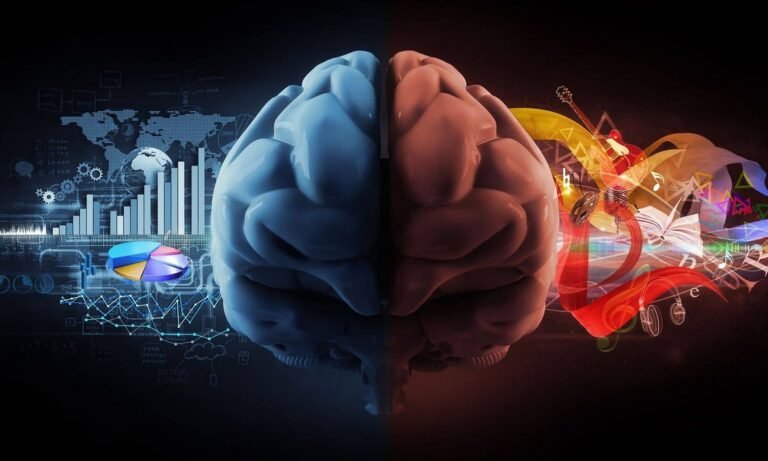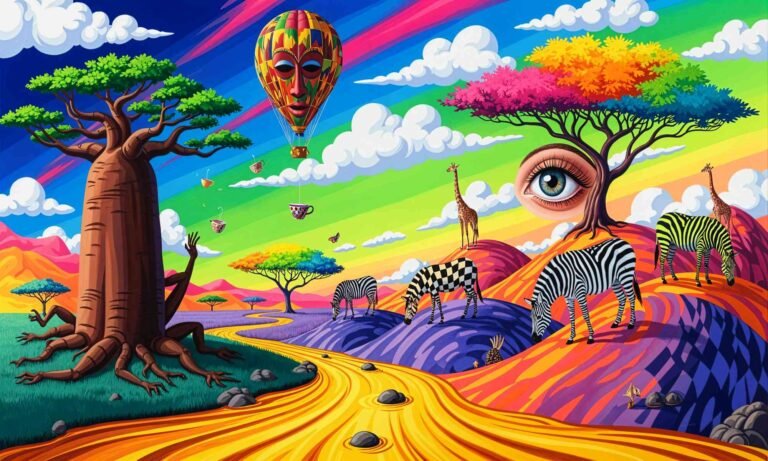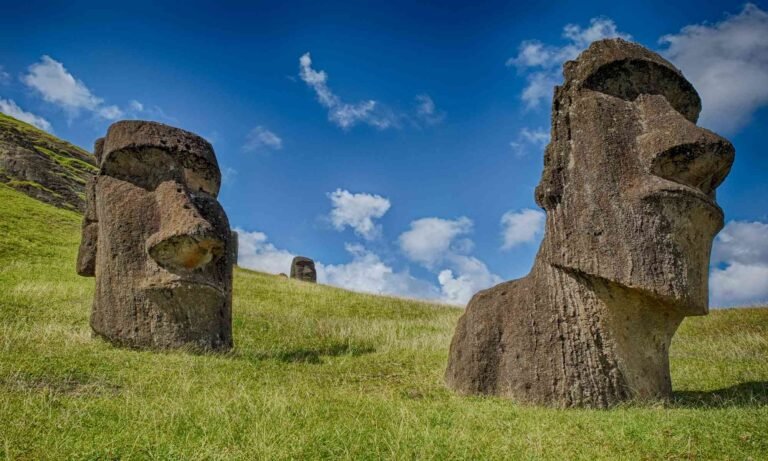Existential vertigo is a complex psychological phenomenon characterized by a profound sense of disorientation and trepidation experienced when confronting the vastness and intricacies of existence. Unlike traditional forms of Anxiety, which may arise from specific external threats or stressors, existential vertigo is rooted in the contemplation of one’s place in the universe, the fleeting nature of life, and the quest for meaning. This trepidation can lead individuals to feel engulfed by questions about existence itself, including the purpose of life, the inevitability of death, and the randomness of the universe.
The term “vertigo” traditionally refers to the sensation of spinning or dizziness, often associated with physical disorientation. However, in the context of existential philosophy, it refers to a spiritual or intellectual dizziness that may occur when individuals become acutely aware of their own insignificance in the grand scheme of things. One might describe experiences of existential vertigo as feelings of being unmoored, as if the foundation of meaning beneath one’s feet has collapsed, leaving them in a state of bewilderment. These thoughts and feelings may manifest during moments of introspection or while engaging with existential literature, art, or deep philosophical discussions.
Existential vertigo can present itself in various forms, such as overwhelming anxiety, feelings of isolation, or even a sense of awe when contemplating the cosmos. For instance, an individual may feel a surge of anxiety while meditating on their own mortality or when faced with the vastness of time-cycles and the multitude of life’s possibilities. These experiences often lead to reflection on personal values, aspirations, and the limits of human understanding. By distinguishing existential vertigo from other anxiety forms, it becomes clear that this trepidation is not merely a fear of death or the unknown but a deeper confrontation with the essence of existence itself.
The Causes of Existential Vertigo
Existential vertigo, a phenomenon characterized by profound feelings of disorientation and anxiety regarding one’s existence, often arises from specific life experiences. These triggers can vary widely among individuals, but they typically encompass significant life changes, trauma, or moments of deep self-reflection. Each of these experiences offers unique challenges that prompt individuals to confront their understanding of existence and their place within it, often leading to a reevaluation of personal values, beliefs, and the narratives that shape one’s identity.
One common cause of existential vertigo stems from major life transitions – moving to a new city, changing careers, or experiencing a divorce. These events often disrupt familiar routines and provoke a sense of upheaval, prompting individuals to reassess their identity, values, and direction. Psychological theories suggest that such transitions can act as catalysts for existential thought, stirring uncertainty and leading people to question the meaning and purpose of their lives. Similarly, traumatic experiences – such as the loss of a loved one or a serious illness – can intensify this introspection. Confronting mortality and the fragility of life often triggers profound anxiety and confusion, creating a cycle of reflection around the core questions of existence.
In addition to external events, existential vertigo can emerge from deep internal inquiry. Moments of self-reflection, whether prompted by meditation, therapy, or significant personal milestones, often expose the complexities of being. These introspective periods may challenge long-held beliefs and bring individuals face-to-face with their deepest fears. While unsettling, such encounters with existential vertigo can also be transformative, fostering resilience and a more nuanced understanding of life’s uncertainties. Through this process, individuals may begin to cultivate meaning not by escaping discomfort, but by engaging with it consciously.
The Influence of Artificial Intelligence
As Artificial Intelligence continues to evolve, it presents new dimensions to our experiences of existential vertigo. Many individuals grapple with the implications of AI on traditional notions of intelligence and self-awareness. When machines perform cognitive tasks that were once exclusively human, it raises critical questions about the uniqueness of our species. Is our consciousness truly special, or are we simply complex algorithms waiting to be replicated?
The boundary between organic thought and synthetic cognition grows increasingly blurred.
In this era of AI, it becomes essential to navigate the tension between innovation and our existential inquiries. The key to overcoming feelings of vertigo is to engage with these technological advancements mindfully. By fostering discussions around the ethical use of AI and its implications for humanity, we can ground ourselves amidst the uncertainties. Embracing both our human experience and the benefits of AI allows us to create a balance that respects our existence while embracing the future. This equilibrium invites us to redefine what it means to be human in a world increasingly shaped by intelligent machines.
Coping with Existential Trepidation
Experiencing existential vertigo can be deeply unsettling, often manifesting as confusion, anxiety, and a sense of disconnection from oneself and the world. Fortunately, several strategies can help individuals navigate these sensations and regain clarity. Therapeutic approaches like cognitive-behavioral therapy (CBT) are particularly effective, as they encourage the identification and reframing of negative thought patterns. This process fosters a more grounded perspective on existential concerns. In tandem, mindfulness techniques – such as meditation, deep breathing, and grounding exercises – can center the mind and body, cultivating presence and emotional resilience. When practiced regularly, these methods offer a stabilizing force amid existential uncertainty.
Equally important is the role of philosophical reflection in coping with existential anxiety. Engaging with philosophical texts or discussions introduces new frameworks for understanding human existence. Thinkers like Søren Kierkegaard and Jean-Paul Sartre offer profound insights into the nature of self, freedom, and meaning, empowering individuals to confront their emotions with greater depth. These reflections often spark transformative self-exploration, encouraging people to face their fears and uncertainties not with avoidance, but with curiosity and courage. In doing so, existential vertigo becomes less a source of paralysis and more a gateway to personal growth.
Furthermore, cultivating a sense of community by connecting with others who share similar experiences can provide significant emotional support. Whether through support groups or informal friendships, sharing thoughts and feelings can diminish the sense of isolation often felt during episodes of existential vertigo. Seeking professional help when feelings become too intense or unmanageable is equally essential, as therapists can offer tailored guidance and additional coping strategies. Balancing self-reflection, community support, and professional assistance creates a robust framework for navigating existential Trepidation.
The Duality of Existential Awareness
Existential awareness reflects a duality – trepidation and the potential for profound growth. As individuals confront the complexities of existence, they often face anxiety born from the weight of their thoughts. This experience, known as existential vertigo, can prompt deep questioning of life’s meaning and one’s place within it. Yet embracing these feelings can lead to transformation. Thinkers like Jean-Paul Sartre and Albert Camus explored the absurdity of existence, turning their reflections into enduring works. Their insights show how awareness of mortality and uncertainty can fuel creativity and purpose, making art and thought powerful expressions of personal truth. In this way, existential discomfort becomes not a barrier but a bridge – connecting inner turmoil to outward expression. Through reflection and creation, individuals can reclaim agency in the face of ambiguity.
“If you are lonely when you’re alone, you are in bad company.”
– Jean-Paul Sartre
As individuals confront their feelings of existential uncertainty, they may also find opportunities to forge deeper connections with others. Sharing these profound inquiries can foster a sense of community, as human beings collectively navigate the complexities of existence. In this manner, the initial anxiety experienced in the face of existential awareness can catalyze meaningful relationships and heightened empathy, which enrich lives and inspire collaborative creativity. By understanding the dual nature of existential awareness, individuals can learn to embrace their experiences of trepidation not as burdens, but as the foundation for personal evolution. Ultimately, acknowledging existential vertigo can lead to a more meaningful perspective on life, urging individuals to transform their fears into passions that resonate with themselves and others.
What’s More
The posts in My Blog feature reflective, story-driven pieces rooted in personal and societal insights.
The topics in My Interests explore abstract, philosophical ideas and their cultural and societal impact.
👁️ 9,395 Views


